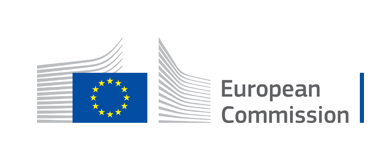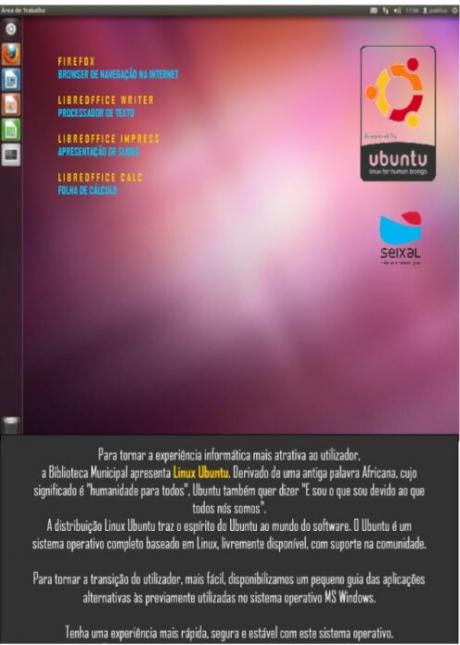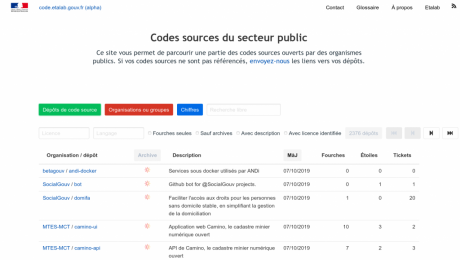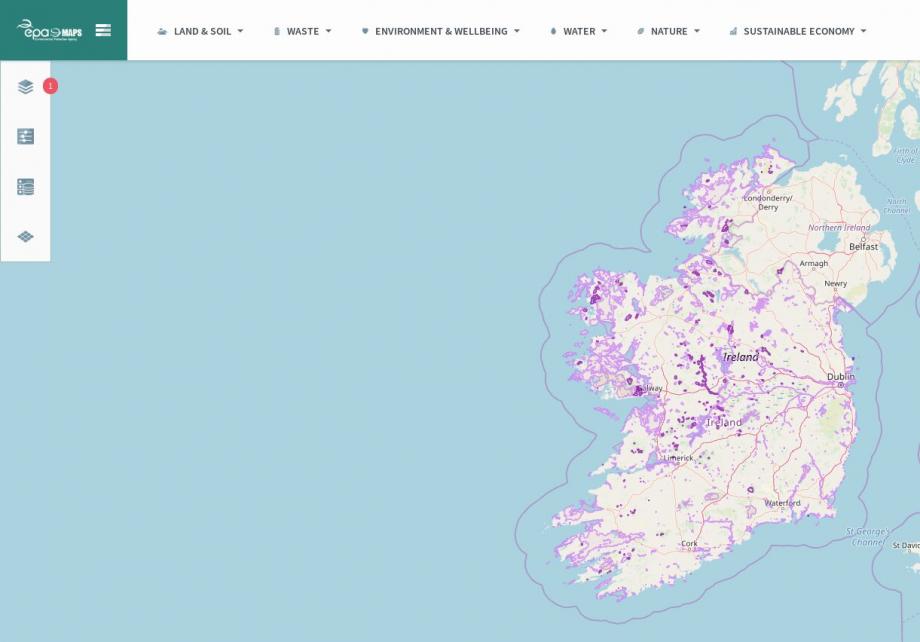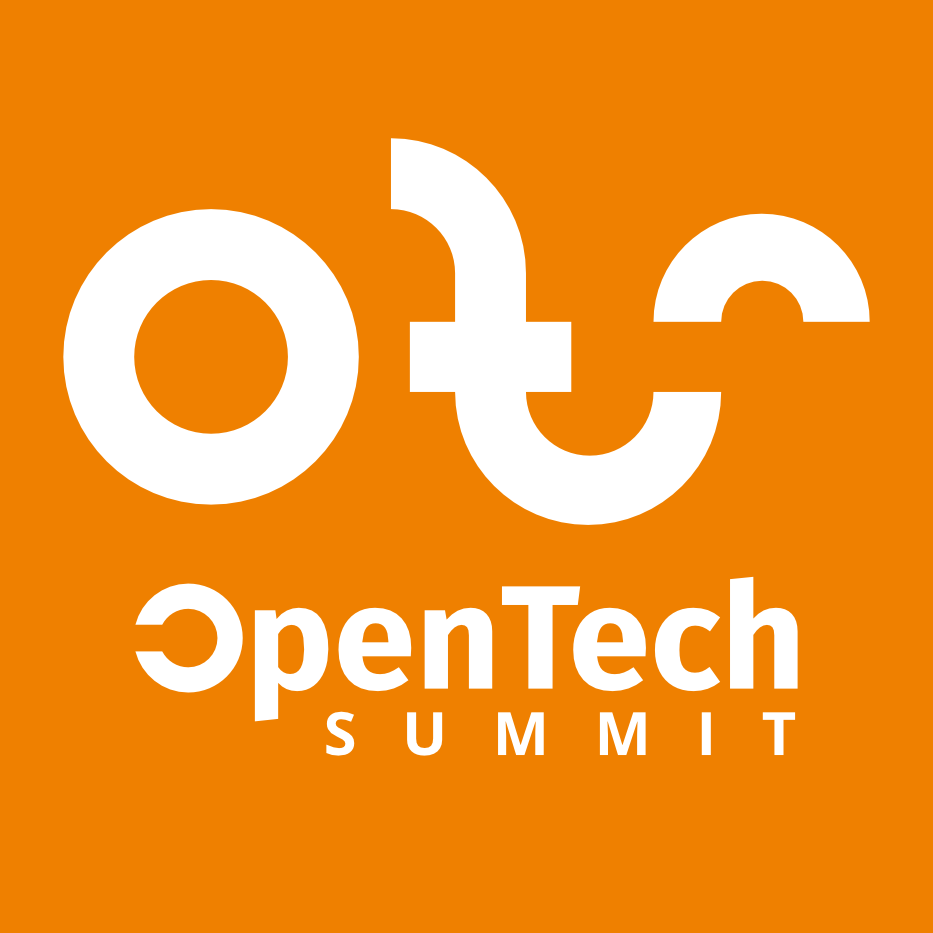Over the past few weeks, both France and Italy have renewed their efforts to provide easy access to open source solutions developed by and for public services.
Both portals are looking for ways to automatically link their repositories to others. There are three reasons this is easier than, say, ten years ago.
First, these days, software development platforms gravitate towards using Git. This (open source) software was designed around the concept of linking one source code repository to multiple others.
Second, Italy's Team Digitale has presented publiccode.yml, metadata that describes software solutions made by and for public services. The goal is to make such software easier to find - which will boost reuse. The project is supported by the Dutch Foundation for Public Code, and it will get a boost from implementation by France.
And, third, Team Digitale is studying the possibility of integration with ADMS, an alternative schema for the automatic exchange of information on reusable solutions.
ADMS has been around since 2011, its development spearheaded by the European Commission, which uses it for Joinup - the European Commission's eGovernment collaboration portal.
Back in 2009, the European Commission promoted the federation of EU repositories. When the idea was launched through OSOR, it provided links to 1670 projects in 16 repositories across Europe, including Austria (e-Gov labs, which is now at Joinup) Finland (COSS), Slovenia (COKS' Bazaar), Norway (Friprog), Spain (Mancomun and the now-defunct G-Forge), France (Adullact), Denmark (the now out-of-date Softwarebørsen) and others.
This federation involved a lot of manual creation and maintenance of links from repositories using a (small) variety of technologies. It was one of the reasons the Commission began ADMS.
The schema has been implemented by several others, including CTT, Spain's national ICT repository, Adullact, the repository from the eponymous French public service organisation, and, most recently NIO, Slovenia's interoperability portal.
Sharing software is not just easier than ever. Now that more and more countries are doing it, it will encourage others to follow suit. We are looking forward to that.
